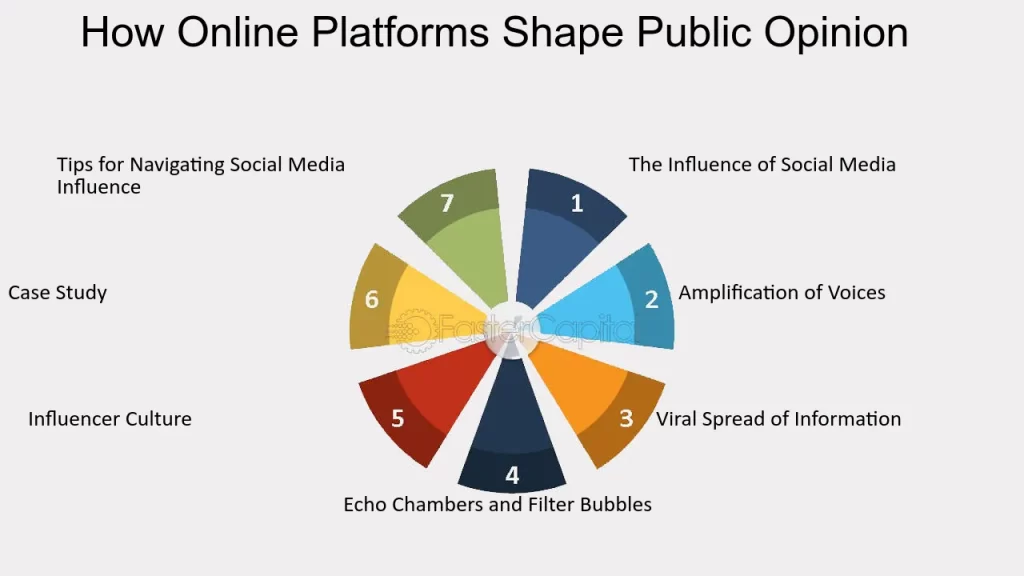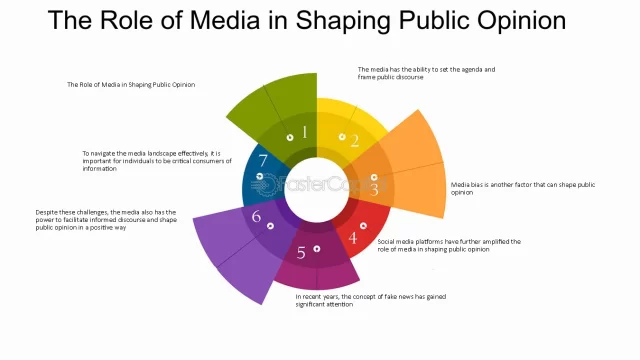How Social Media Shapes Politics in the USA
The Role of Social Media in Political Campaigns
Social media has completely changed the way political campaigns are run in the USA. Before social media, candidates relied mostly on TV, radio, and print ads to reach voters. Now, platforms like Facebook, Twitter, Instagram, and YouTube play a crucial role in political campaigns. Candidates use these platforms to speak directly to voters, share their ideas, and engage with people in real-time.
One of the biggest advantages of social media for campaigns is the ability to target specific groups of voters. Campaigns can create ads tailored to different age groups, locations, or interests. This makes it easier for candidates to spread their message to the right people. Social media also allows politicians to respond quickly to breaking news or controversies. They can make statements directly to their followers without needing to go through traditional media channels.
In addition to reaching voters, social media gives candidates the opportunity to raise money. Online fundraising has become a huge part of political campaigns. Politicians can ask their followers for small donations, which can add up to a large sum. This allows candidates to rely less on big donors and more on everyday citizens for support.
However, social media also has its downsides in political campaigns. The speed at which information spreads can lead to the spread of misinformation or fake news. False stories can go viral before they can be fact-checked, which can confuse voters. Additionally, negative ads and personal attacks are common on social media, which can create a toxic environment.
Despite these challenges, social media is here to stay in political campaigns. It provides politicians with a powerful tool to connect with voters and build support. As more people get their news from social media, its influence on campaigns will only grow.
How Social Media Influences Public Opinion

Social media has become a major platform where people discuss politics and form their opinions. It allows users to share news articles, comment on political events, and engage in discussions with others. This constant flow of information can significantly shape how people think about political issues.
One way social media influences public opinion is by creating echo chambers. An echo chamber is when people are only exposed to information that supports their existing beliefs. For example, if someone follows a lot of conservative pages, they will mostly see conservative viewpoints in their feed. This can reinforce their beliefs and make them less likely to consider other perspectives.
In addition to echo chambers, social media can amplify certain issues. When a topic starts trending, it can quickly become the focus of national attention. For example, the Black Lives Matter movement gained widespread attention through hashtags and viral posts. Social media users can bring attention to causes they care about, forcing politicians and the media to respond.
However, social media can also distort public opinion. Viral posts can make it seem like certain issues are more important than they actually are. Additionally, misinformation can spread quickly, leading people to form opinions based on false information. Fact-checking is often slower than the spread of rumors, so by the time the truth comes out, many people have already been misled.
Overall, social media has a powerful influence on public opinion. It allows people to share their views and learn about important issues, but it also comes with the risk of spreading misinformation and creating echo chambers. It’s important for users to be aware of these risks and seek out reliable sources of information.
Social Media as a Tool for Political Activism
Social media has become a powerful tool for political activism in the USA. Activists use platforms like Twitter, Instagram, and Facebook to organize protests, spread awareness about issues, and build movements. These platforms allow people to connect with others who share their beliefs and take collective action.
One of the biggest advantages of social media for activism is its ability to reach a wide audience. In the past, organizing a protest or rally required significant time and resources. Now, activists can create an event on Facebook or share a hashtag on Twitter, and within hours, thousands of people can be mobilized. This speed and reach make social media a valuable tool for activists.
Social media also allows activists to bypass traditional media outlets. In the past, movements relied on news coverage to get attention. Now, activists can spread their message directly to their followers. This was evident during the Black Lives Matter protests, where social media played a crucial role in organizing and spreading awareness about police brutality.
However, social media activism also faces challenges. One issue is the spread of misinformation. False information can quickly go viral, leading to confusion and misunderstandings. Additionally, online activism can sometimes lead to “slacktivism,” where people show support online but don’t take any real action in the offline world.
Despite these challenges, social media has proven to be an effective tool for political activism. It gives activists the ability to reach large audiences, organize events quickly, and spread their message without relying on traditional media.
The Impact of Social Media on Political Discourse
Social media has transformed political discourse in the USA. Platforms like Twitter and Facebook have become central places where people discuss political issues and engage in debates. However, this shift has also led to some challenges in how political conversations are conducted.
One of the main impacts of social media on political discourse is the rise of polarization. On social media, people tend to interact with others who share their views, creating echo chambers. This can lead to more extreme opinions and make it harder for people to have open, productive discussions with those who have different viewpoints. As a result, political discourse on social media can often become divisive and hostile.
Another issue is the rise of misinformation and fake news. On social media, it’s easy for false information to spread quickly, especially if it supports a particular political agenda. This can mislead people and distort political conversations. Fact-checking organizations work to combat misinformation, but by the time corrections are made, false narratives may have already spread widely.
In addition to these challenges, social media can also encourage shallow or surface-level political engagement. With the character limits on platforms like Twitter, complex issues are often reduced to simple sound bites or slogans. This can make it difficult for people to fully understand the nuances of political issues.
Despite these challenges, social media also offers opportunities for meaningful political discourse. It allows people from different parts of the country and the world to engage in conversations about politics. It also gives marginalized groups a platform to share their experiences and perspectives, which might not have been heard in traditional media.
The Future of Social Media in American Politics
Social media’s role in American politics is likely to continue growing in the future. As more people get their news from social media and spend time on these platforms, politicians will increasingly rely on them to connect with voters, raise money, and spread their message.
One area where social media is expected to grow is in its use of data and algorithms. Social media companies collect vast amounts of data on their users, which allows political campaigns to target specific groups of voters with tailored ads. This data-driven approach to campaigning is likely to become even more sophisticated in the future, allowing politicians to reach voters more effectively.
At the same time, there are growing concerns about the impact of social media on democracy. Issues like the spread of misinformation, the role of foreign interference in elections, and the potential for social media platforms to amplify extremist views have raised questions about how to regulate these platforms. In the future, there may be increased efforts to create regulations that address these challenges while still allowing for free expression.
Finally, as new social media platforms emerge and existing ones evolve, politicians and activists will need to adapt to these changes. Whether it’s through new technologies like virtual reality or the rise of decentralized social media platforms, the way social media shapes politics will continue to evolve.
Overall, the future of social media in American politics is both exciting and uncertain. While it offers new opportunities for engagement and activism, it also presents challenges that will need to be addressed.










